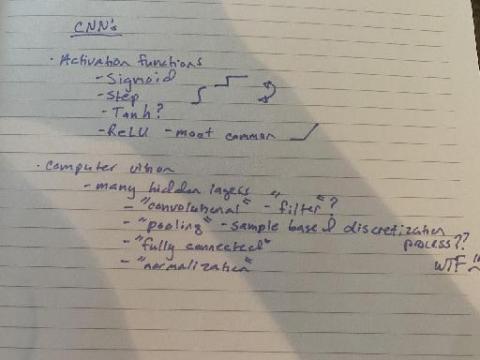Evaluating Go's Package Management and Module Systems
When you're evaluating a language for your next project, few things are more important than available third-party libraries and the package manager that ties them together. While early versions of Go lacked a package manager, they've made up for lost time. In this article, Ayooluwa Isaiah introduces us to go's module ecosystem to help us decide if go is "a go" for our next project.






